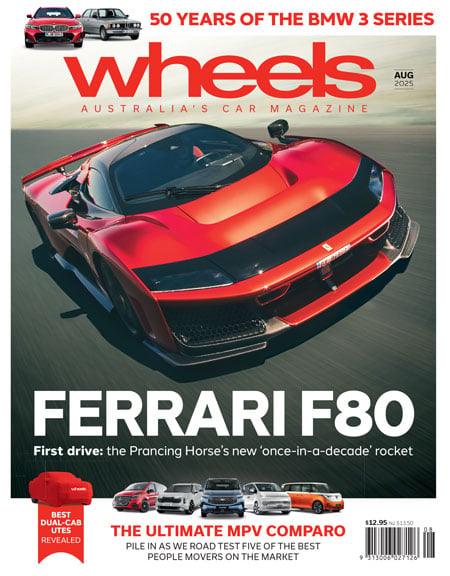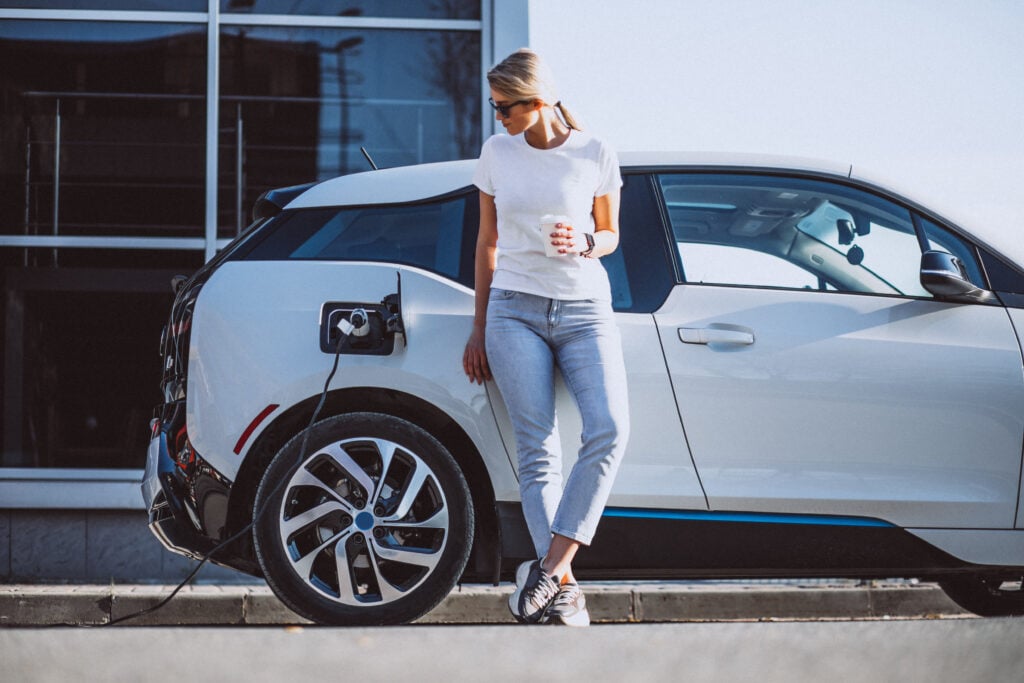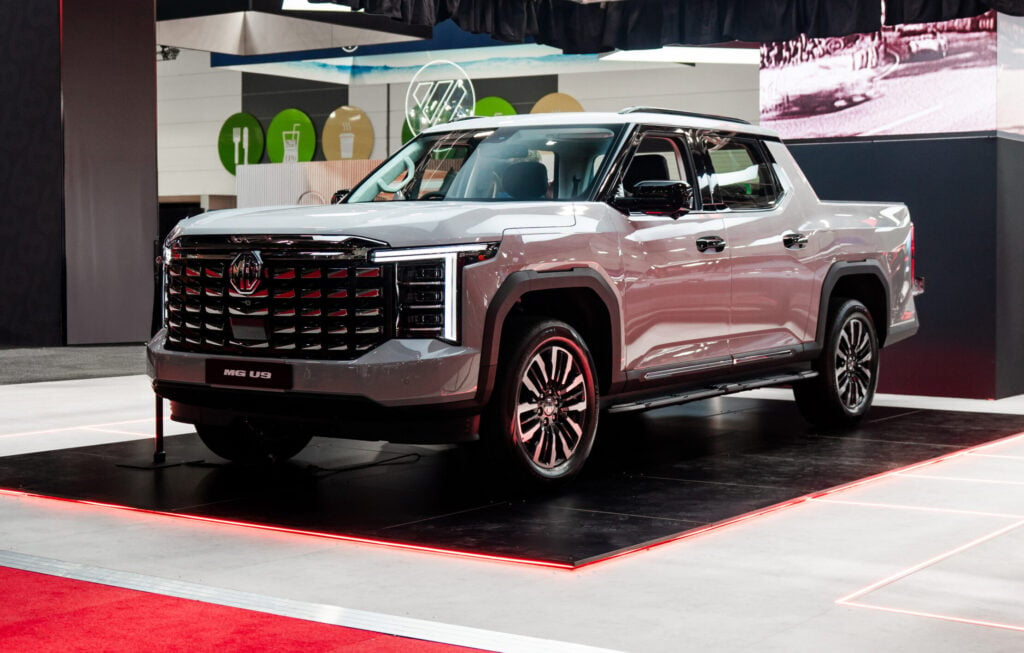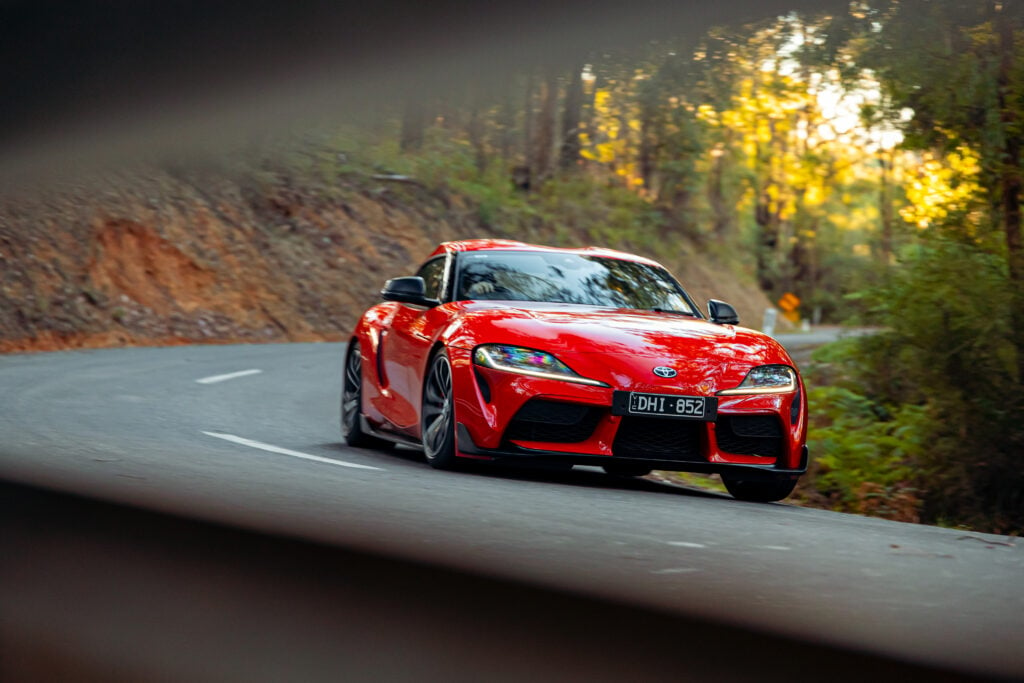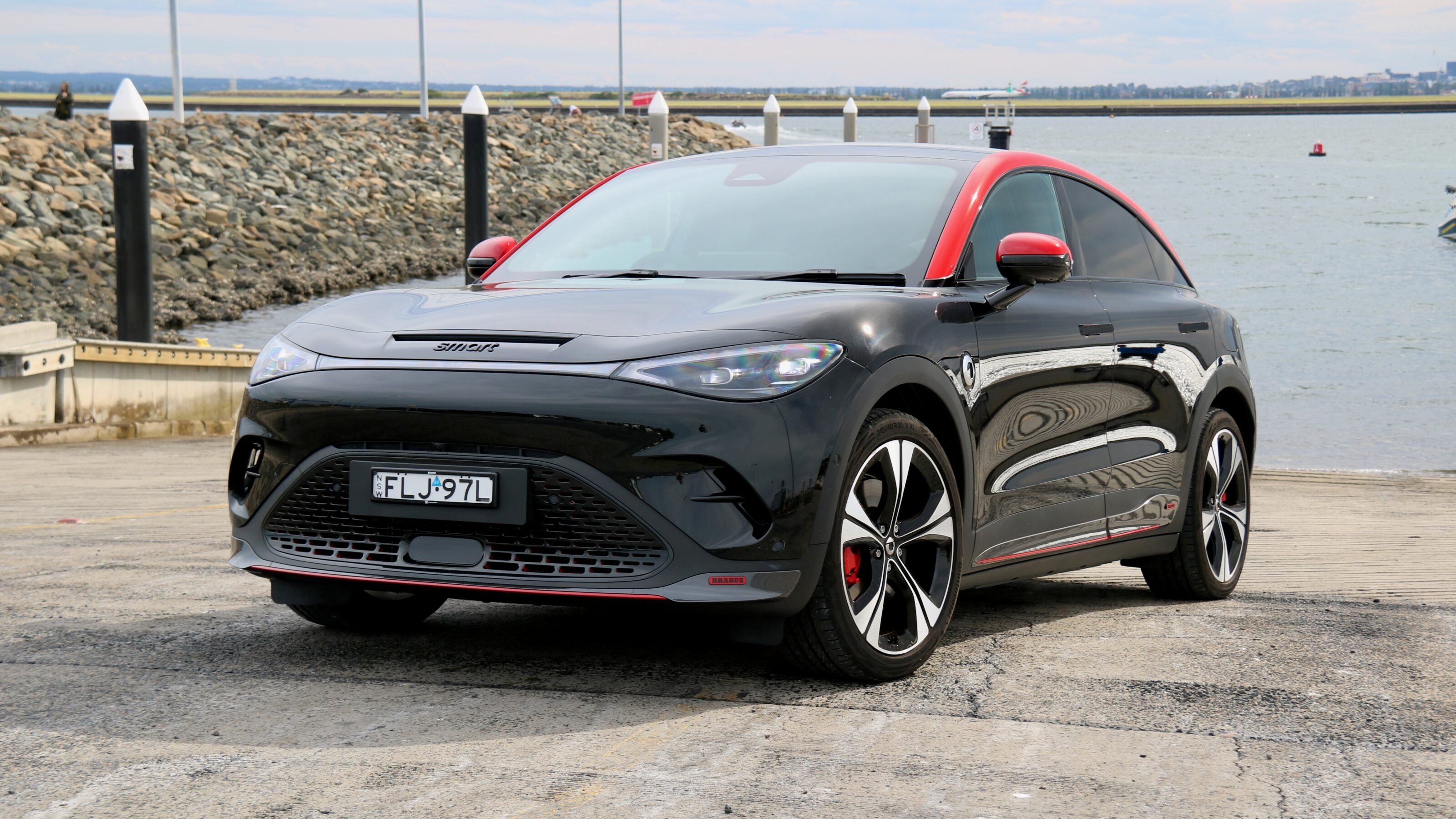
The Australian Automobile Association (AAA) has revealed the latest findings from its Commonwealth-funded Real-World Testing (RWT) Program, showing a significant gap between manufacturer-stated electric vehicle (EV) range and real-world performance.
Across five popular EV models tested, real-world driving range fell between 5 per cent and 23 per cent below laboratory figures.
This independent data aims to equip Australian car buyers with transparent performance metrics as EV sales continue to grow.
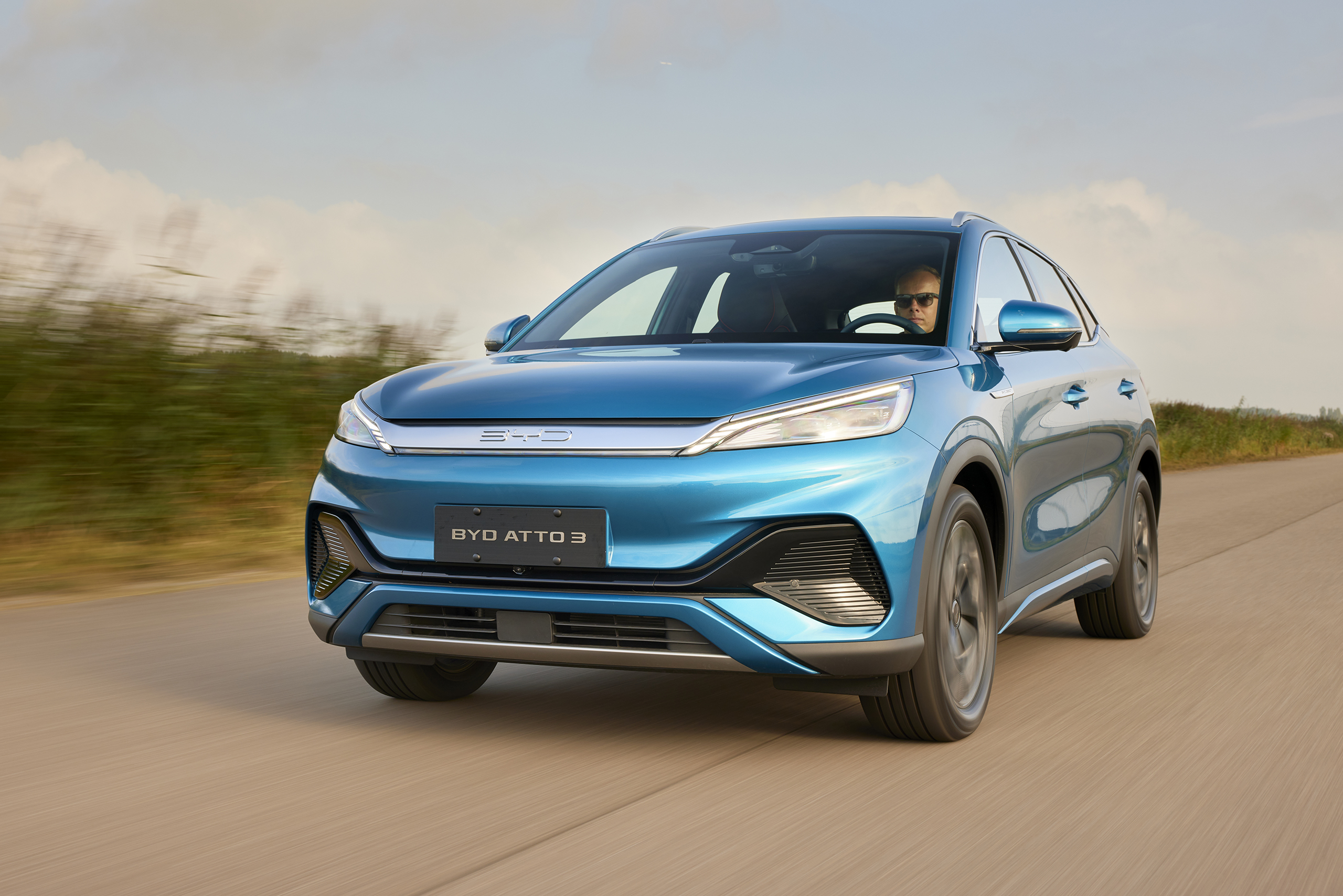
AAA Managing Director Michael Bradley emphasised the consumer benefit, stating: “Our testing will help consumers understand which new market entrants measure up on battery range. Our program brings confidence to Australian fleets and families looking to buy an EV.”
The 2024 Smart #3 was the best performer, with a real-world range of 432km – just 5 per cent below its laboratory figure of 455km. At the other end of the scale, the 2023 BYD Atto 3 exhibited the largest discrepancy, recording a 369km range in real-world conditions, 23 per cent below its 480km lab-tested figure.
Tesla’s 2024 Model 3 and Model Y returned 14 per cent and 8 per cent lower real-world range respectively. The Kia EV6, also tested in 2022, matched the Model Y with an 8 per cent drop, recording 484km versus 528km under laboratory conditions.
Beyond range, energy consumption variation also raised concerns. The BYD Atto 3 again stood out with the highest deviation – using 21 per cent more energy than its lab-tested figure, rising from 149Wh/km to 180Wh/km. Conversely, the Tesla Model Y was the most efficient, consuming 167Wh/km – slightly less than the lab figure of 169Wh/km.
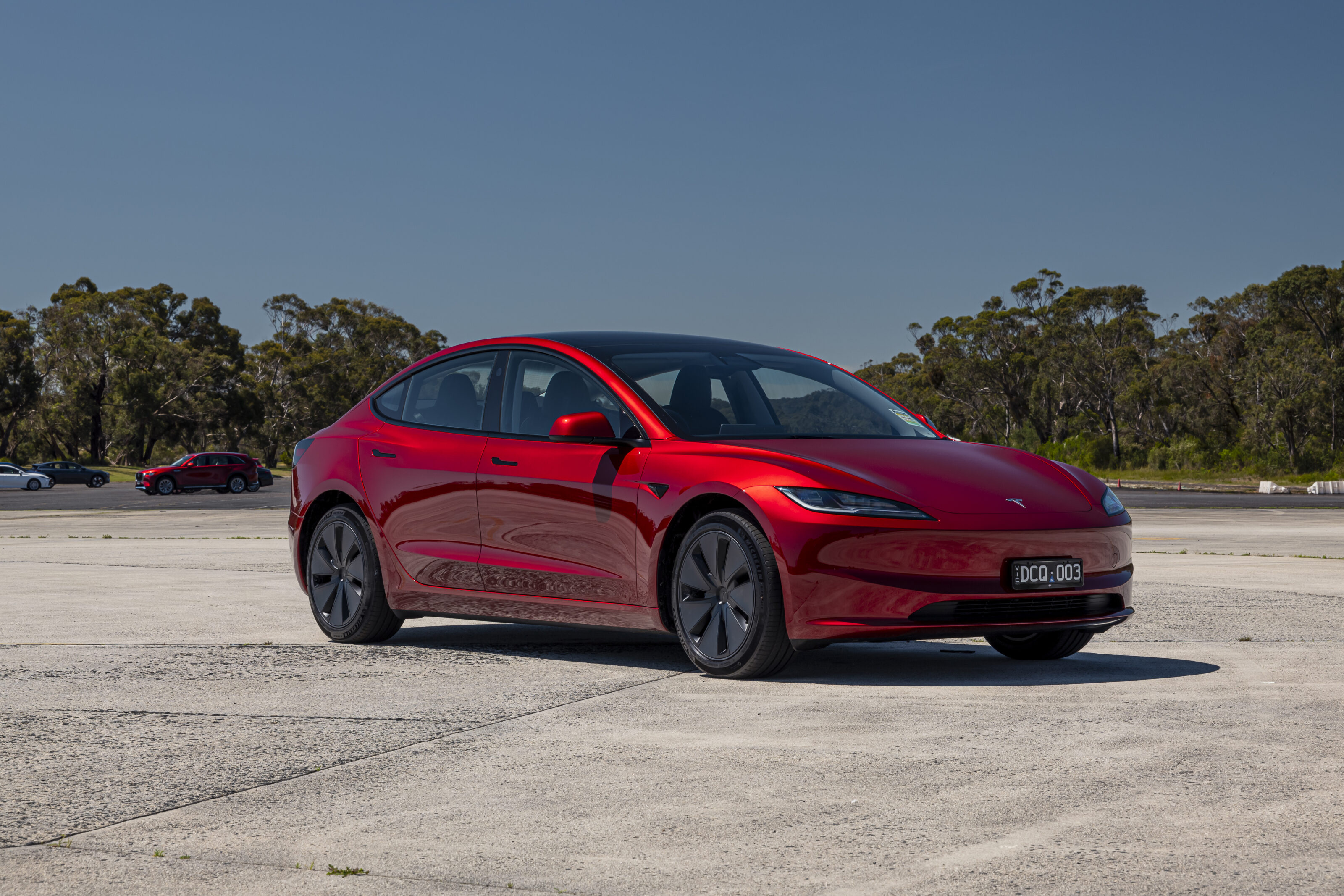
These differences are important for consumers concerned about operational cost. EV owners rely on manufacturer data for estimated range and charging needs, but the findings highlight that such figures may be overly optimistic.
With recent polling showing that 60 per cent of prospective EV buyers cite driving range and recharging as key hesitations, the AAA’s program fills a crucial knowledge gap. It also responds to historical concerns, including the post-Volkswagen emissions scandal, by enforcing transparency in real-world conditions.
Funded with $14 million from the Commonwealth, the RWT Program began in 2023 and has already tested 114 combustion and hybrid vehicles. Testing takes place on a 93km loop in and around Geelong using rigorous European-derived protocols to ensure consistency and accuracy.
The program will continue to expand, helping Australian consumers make better-informed decisions in the transition to electric mobility.

